How The Citizens Archive Of India is Recording Memories Of The Pre-Independence Generation
In a coming together of generations, the young people at Citizens Archive of India are archiving memories of people who lived through the pre-independence years and were witness to the milestones in the nation?s history.
Mr Khushroo Coorwala?s father was the Nizam?s doctor. One day when the driver bunked work, Mr Coorlawala drove his father, Rustom to work. Without a license of course. He was only 13 or 14 and had learnt from the driver. The Nizam, a close friend of the doctor, would have none of it. He asked for the boy, called the police commissioner and asked him to make him a license! The story doesn?t stop there. Inspired by the Nizam?s ?generous act,? Dr Rustom?s friends went on to bestow other gifts on his young son ? including, yes you are reading this right, a Morris Minor and a pony!
Narrated by the 100-year-old Mithoo Coorlawala, the story would be hard to find in any history book and is a reflection of a different princely India.
Mithoo Coorlawala, 100, attended Newnham College at the University Of Cambridge from 1938-1939. Back then, they didn?t give degrees to women. This is a photograph of Mrs. Coorlawala on the day of her convocation ceremony in 1998, 60 years after she first attended Cambridge. To read the interesting story behind this picture, click here
In yet another video, Pramodini Narulkar of Mumbai shares how she spent August 15, 1947, celebrating with the other girls at home, who, unlike the boys, weren?t allowed to go out and celebrate. Mrs. Narulkar lived close to Gandhiji?s residence Mani Bhavan but mentions that on that day, all the celebration was at Gowalia Tank Maidan.
And then there is Arun Bhatia, 83, who lived on Marine Drive and was part of the ??Quit India Movement.? His best memory of it? The burning of an effigy of Winston Churchill. The 7-year-old Bhatia did not know who Churchill was at that time but the prospect of playing with matches, under full adult supervision and approval was too good to resist.
History is always much more than what is taught in schoolbooks and the Citizen?s Archive of India project is doing just that through oral interviews with people who lived through the pre-independence years and were witness to the milestones in the nation?s history.
Founded by Rohan Parikh and helmed by Malvika Bhatia, CAI?s current effort, The Generation 1947 Project, aims to record and archive the personal stories of Indian citizens who have witnessed life in pre-independent India, as well as the years after independence. The project has also been inspired by the 10 year old initiative, Citizen?s Archive of Pakistan, a non-profit working towards cultural and historic preservation.
Bhatia, who comes from a family with enough stories herself, is an accidental archivist, though with related education and experience. She has an MA in Heritage Education and Interpretation and has earlier worked in the field of museum and heritage education, including creating audio guides for historical monuments.
Memories around 1947 can sometime focus only on partition, which, even if the largest mass displacement of the 20th century, was not the only way life unfolded for many. CAI?s initiative shows us how very differently life unfolded in an earlier India.
Lt. Rama Mehta during her training in the Rani Jhansi Regiment of the Azad Hind Fauj.
CAI?S project is done through in person interviews. The project also goes beyond just politics and seeks to record how times have changed through stories about people?s personal lives, their social interactions and the environment they grew up in.
Working for CAI has been an education in itself for Bhatia, who has kept an open mind through it all and says, ?I have learnt to be patient and leave my prejudices behind.? Bhatia conducts her interviews in Mumbai at the moment and the project has been a real eye-opener. It has helped her see that there isn?t one single interpretation of history.
She also meets people who belonged to prosperous business families that owed their wealth to the British. Her own family has an example of that. ?My great-grandfather was a freedom fighter and his business family wasn?t very happy about it.?
?A big part of my job is to make people comfortable in their own home. I ask some basic questions to get them started and we make conversation,? Says Bhatia.
Some stories touch upon partition, some don?t. People sometimes get nostalgic, sharing memories with the CAI team that their family members or the person who nominated them hasn?t heard before. What Bhatia always admires is the perspective she gets. ?These are the people who saw 1947 happen. Their stories tell us that Indian history is not just made of Nehru, Gandhi, Jinnah.?
CAI aims to create an archive that is freely available to the public. ?We would love to get out of Mumbai and speak to people,? says Bhatia, adding that they are seeking donors and funding for the same. The project is also a way to bridge the generation gap as Bhatia asks people to nominate their grandparents to share their stories. There is a reason why it?s important to document these stories now, agrees Bhatia. ?In a few years, many of these stories will be lost to us forever. Eyewitness accounts and personal experiences form a large part of a nation?s history, that is important to record and archive for future generation. This is the history that finds no place in our schoolbooks.
To know more, donate or contribute, contact: http://citizensarchiveofindia.org/
Featured image: Malvika Bhatia interviewing Mr Ivan Alva
All photographs: CAI
Comments
You may like to read:
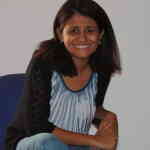
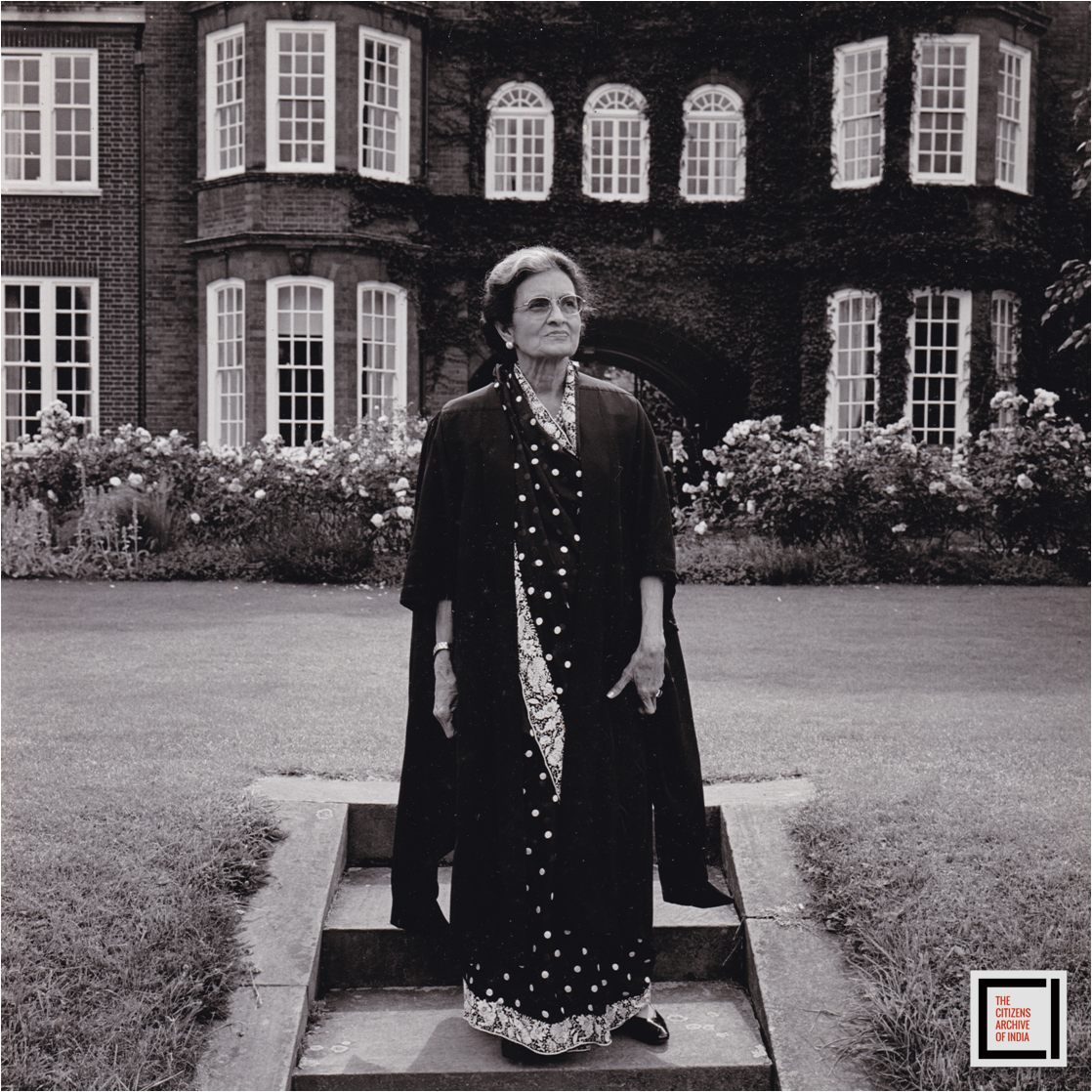
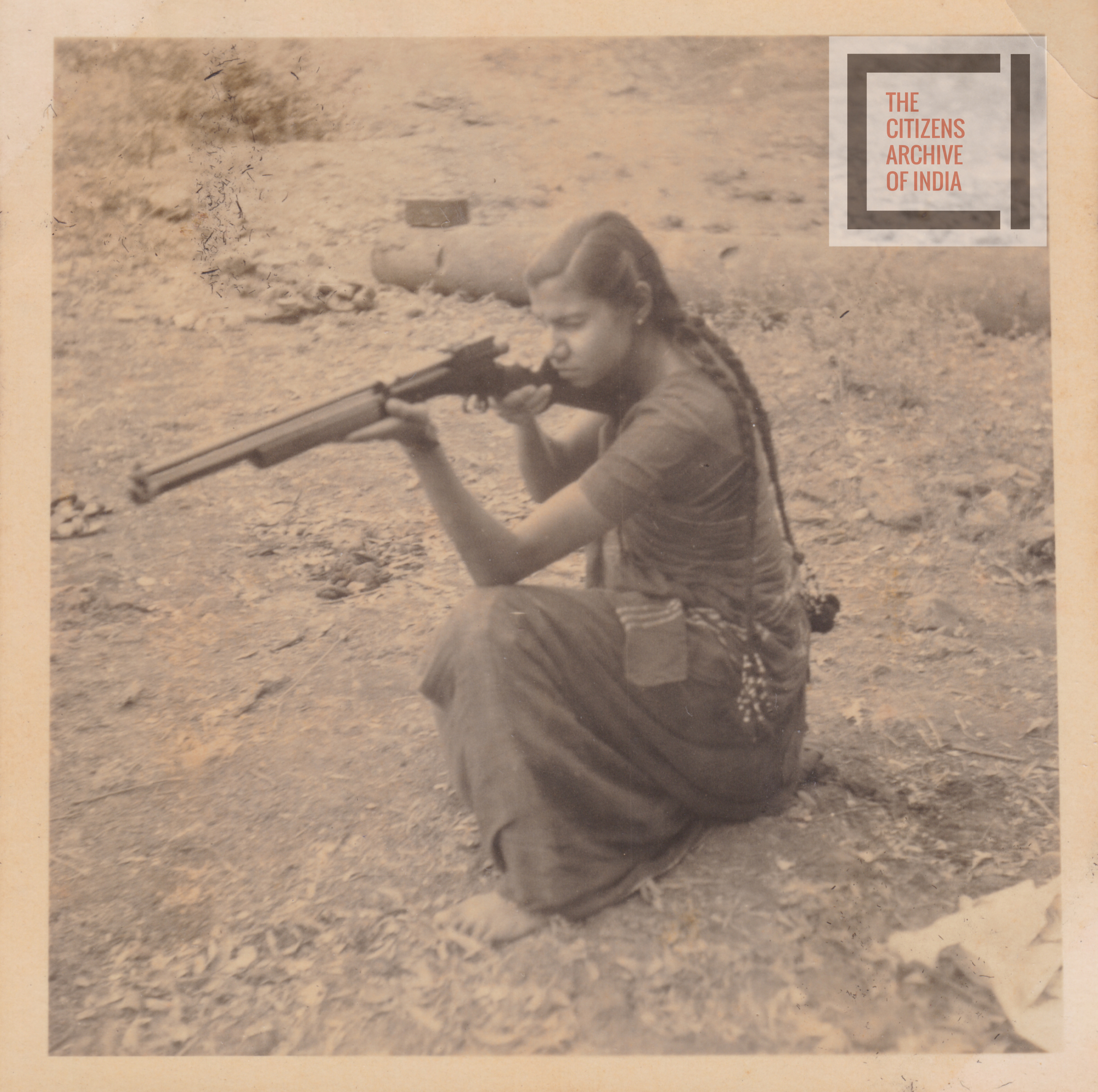


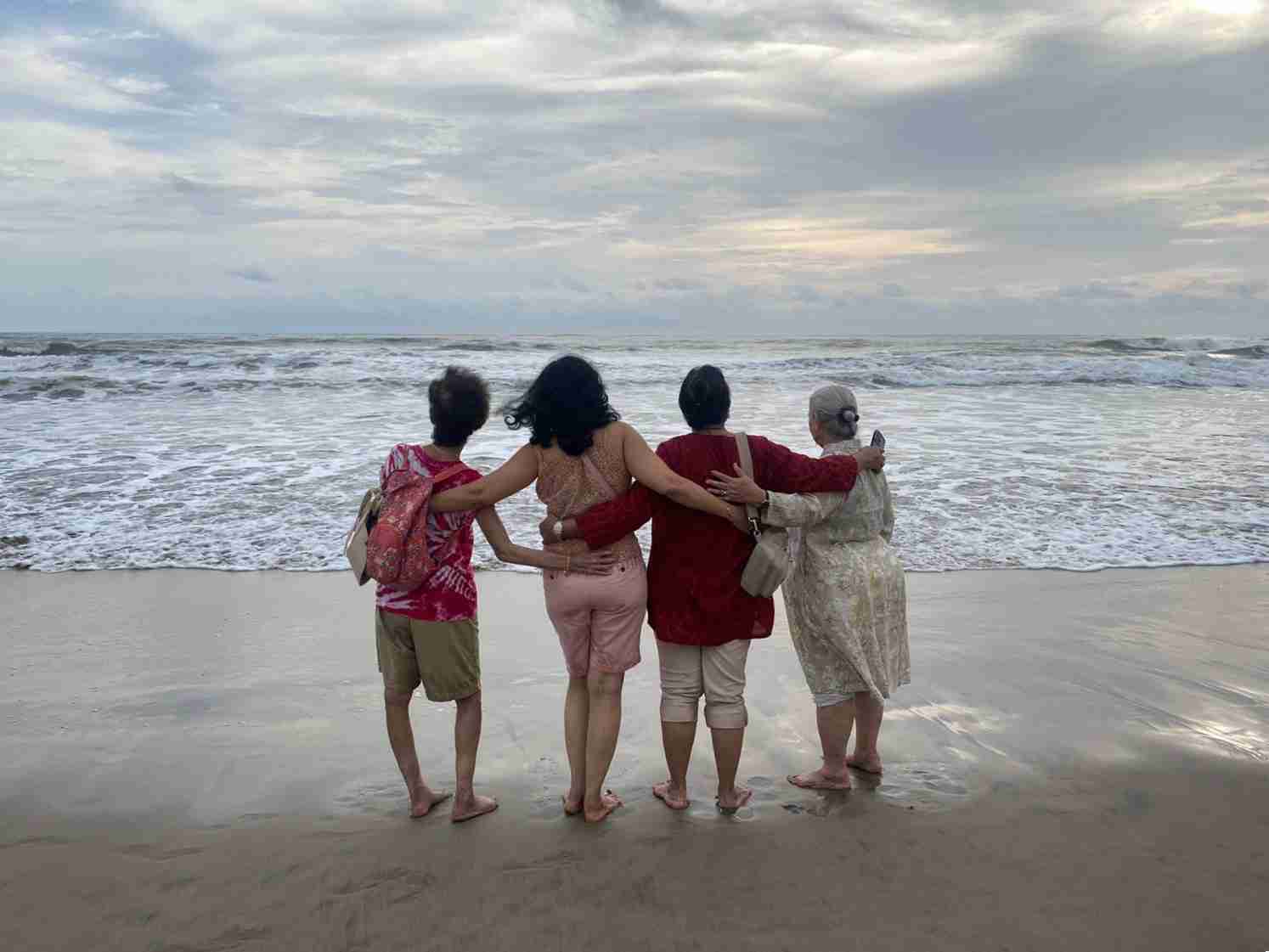
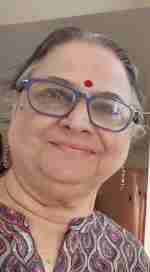
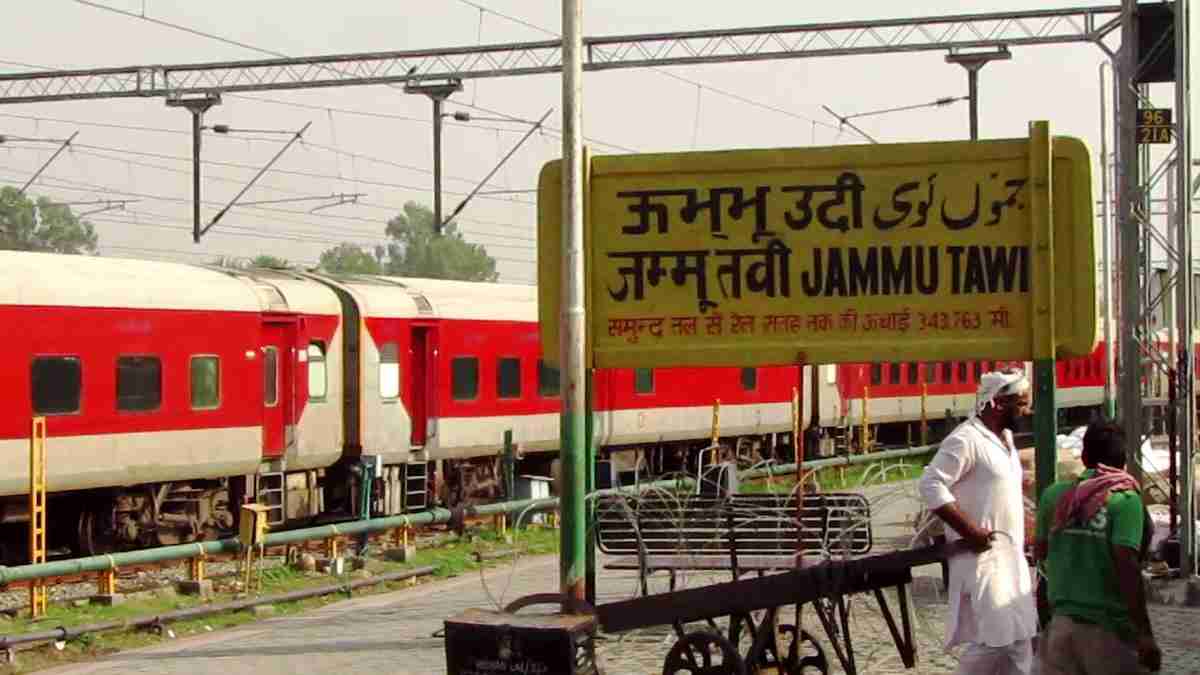
Post a comment